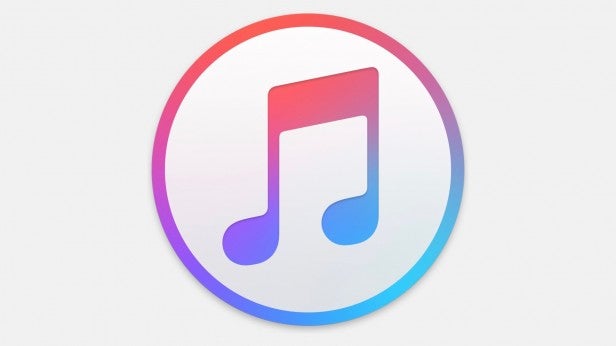iTunes: what happens to all of your downloaded music and movies now?

Apple has announced that it’ll be killing off the iTunes media player, replacing it with a multitude of apps integrated throughout macOS Catalina.
This is nerve-wracking news for consumers who have been buying music, films, TV and other media on the service since it first launched all the way back in April 2003. All of this will come to an end with the release of macOS Catalina, which will replace the iTunes media player, as it’s now known, with seperate Music, TV and Podcast apps.
So, iTunes is dead. But that doesn’t mean you should panic just yet. Here’s what’s going to happen to your media after iTunes shuffles into the great software graveyard in the sky. It’s all good news, we promise.
Related: MacOS Catalina: RIP iTunes, iPad apps, Podcasts and TV on desktop
Apple Music
Your music library will pop up in the conveniently named “Library” section of the Apple Music app. No matter where your music comes from; downloads imported from elsewhere, tracks and albums purchased from iTunes or even the CD you ripped to the service when your friend brought it over in 2004.
Apple would rather you bought into their streaming service, and sling them £9.99 a month for access to some 50m songs. However, if you don’t fancy that, you’ll be able to use Apple Music in much the same way as you did iTunes. Duck in, buy an individual song or album, then tear off to your library to have a listen. Even if you acquired it from somewhere dubious a long time ago.
Apple TV
This’ll feel familiar. Any TV shows or films you had downloaded will now automatically appear in the “Library” section of the Apple TV app.
Purchasing is much the same as you might expect, had you read above. You can take a look at the movies and TV shows in the Apple TV app, and they’ll be much the same selection-wise. The app will also feature Apple TV channels and personal recommendations, meaning this is probably the best place to watch telly where macOS is involved.
You’ll find that here, too, Apple is trying to push you towards their own Apple TV+ service when that launches in the autumn.
Podcasts
This one is simple, and I think you could probably guess it if you’ve been paying attention so far. Your past, present and future podcasts will all be ensconced in the Podcasts app. Similarly to the other entries on this list, you’ll be able to download everything you might have expected from iTunes for podcasts, except you’ll have to do it from here instead.
However, this app should beef things up by adding curated collections to the service, and even advanced search tools that can find episodes by host, guest or even the thing they’re talking about.
But when?
MacOS Catalina will come to the masses in the autumn, and it will be a free software update for all Mac users, although Apple hasn’t yet revealed an exact date for the rollout.
When it does arrive though, Catalina’s introduction to your Mac device will spirit away iTunes and automatically replace it with a new app for Music, TV and Podcasts, and it should all be set up precisely as you left it.
Of course, it wouldn’t hurt to back your Mac up before installing the update. You know, better safe than sorry.
How will I sync and backup my iPhone?
This depends on how you do your syncing at the moment. If you use iCloud to do all of your backing up, the switchover will happen automatically as soon as you install Catalina. No fuss, no mess.
If you use one of those old fashioned cables to sync it all, you’ll still be able to do it, but it will have to be within the new entertainment apps, or at a system level, where you can back up via the Finder app on the desktop.


